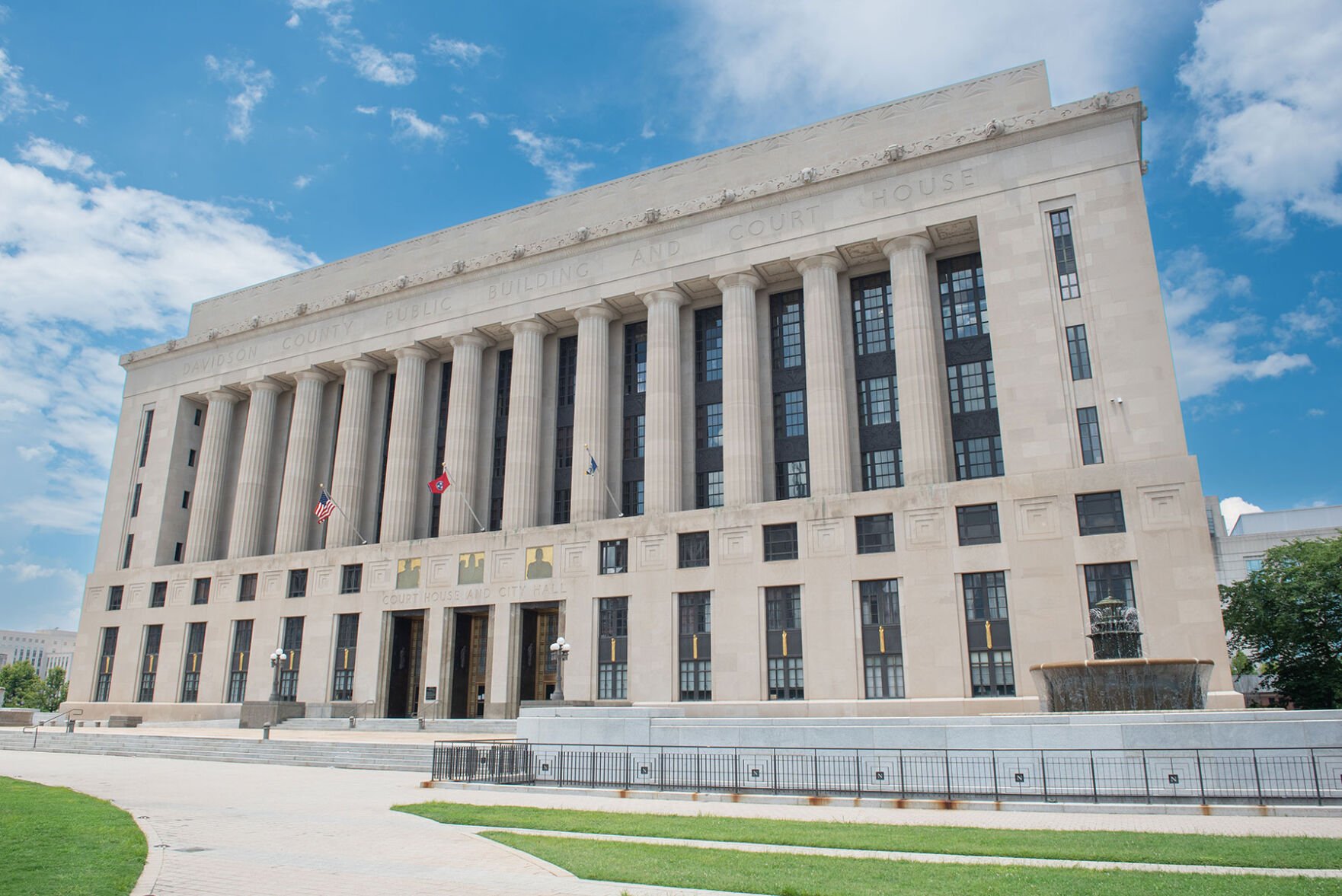Parties involved in a Metro lawsuit seeking to block a 2023 state law that would cap Metro Council seats at 20 were back in court on Monday.
The Metro Legal Department argued before a three-judge panel that the law cannot be implemented after the judges' April 2023 injunction that ruled the act could compromise the August general election. Metro's associate legal director Allison Bussell argued that because the injunction ruling dealt with section 1(b), which implemented the section 1(a) mandate to reduce council size, the mandate itself can no longer take affect.
Judges agree that state law 'results in upheaval of the election process'
"Absent 1(b) the act crumbles underneath itself," Bussell said. "In the end, because subsection 1(b) is the only mechanism for mandating a reduction to Metro's council size and that provision is now moot, by the state's admission, the act no longer mandates that reduction."
The state argued that while it doesn't deny that 1(b) and 1(a) are connected, they are not "inextricably interwoven," according to Assistant Attorney General Timothy Simonds. He argued if the court struck down 1(b), it could also strike the language "as further provided in this section" that appears in 1(a).
Simonds cited a previous case that explained a court's duty to save constitutionally acceptable enactments when a court is presented with different arguments of interpretation stating the court must choose the one that preserves the act rather than the one that destroys it.
"Ours harmonizes these and allows the enforcement of the remaining provisions of the statute that promote the legislative intent," Simonds said.
Bussell argued the court cannot uphold the constitutionality of the act consistent with the legislative intent because that intent is dictated by the plain language Metro argues against.
"Subsection 1(a) cannot create a stand-alone cap on council size but also contain language that is rendered ineffective by 1(b)'s removal from the statute," Bussell said. "If those provisions are interdependent then severability is necessarily inappropriate."
Analysis: From drag bans to slashing the Metro Council, this legislative session has seen a slate of bills aimed at Davidson County
Simonds did not provide the court with an example of a previous ruling that removed phrases, and not clauses in their entirety, from an act. But he maintained that it was up to the court's discretion.
"We have argued and defended lots of cases involving constitutional challenges, and I can say this is the first that we have seen the state not lead with the argument that the plain language controls," Bussell said. "There's a reason for that — because the plain language is damning to their position."
Metro Legal added that the law was unconstitutional under the Home Rule amendment, which does not allow bills to target a local government. While the state has said this law can apply to all metropolitan governments (the only two others are Lynchburg-Moore County and Hartsville-Trousdale County), in practice Metro argued it applies only to Nashville-Davidson County since the others do not have governments larger than the 20-member cap.
The three-judge panel made up of Chancellor Patricia Moskal, Chancellor Jerri Bryant and Judge Joseph Howell did not give a timeframe on when it would return a ruling.
This article was first published via our sister publication, the Nashville Post.







